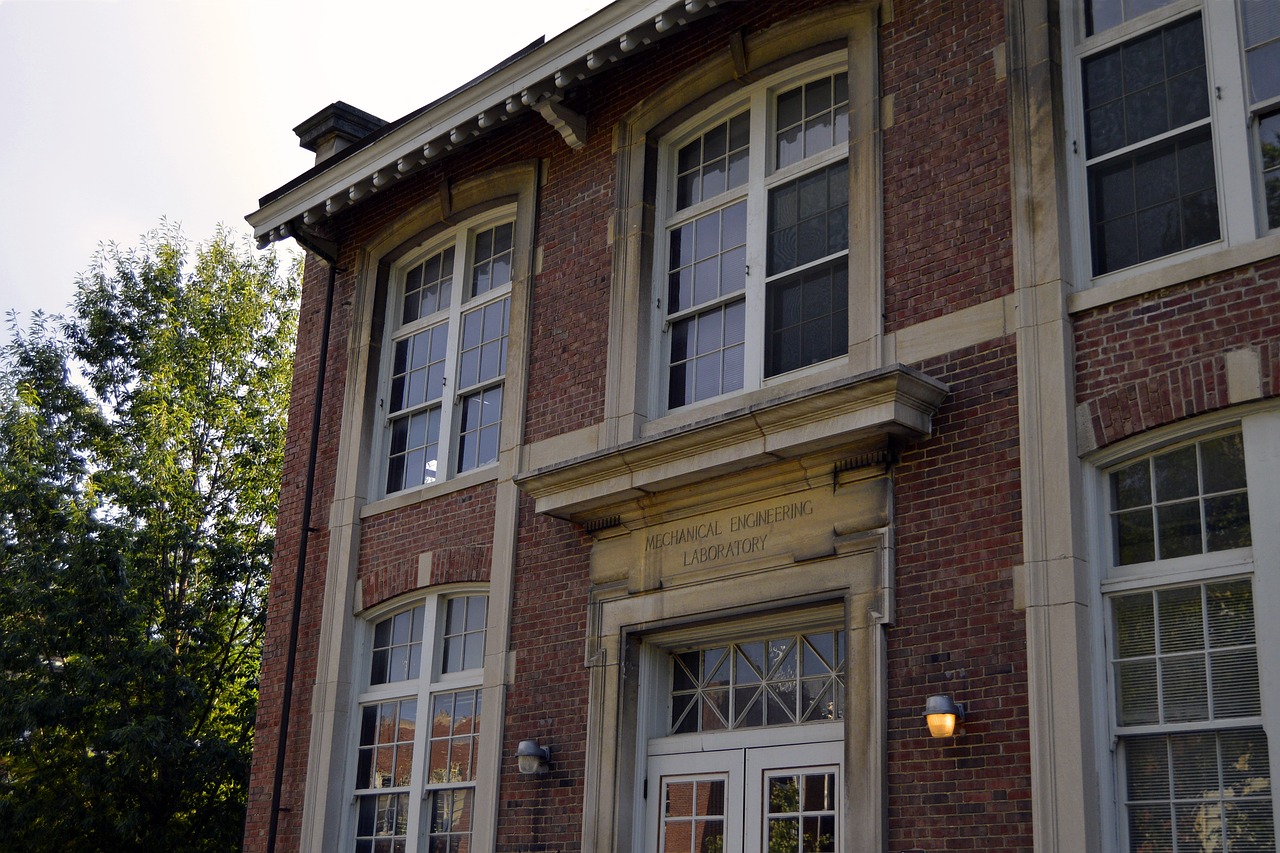The Role of Educational Consultants in Instructional Coaching
allexchange bet, 99 exchange login, allpanel com:Educational consultants play a crucial role in the field of instructional coaching, providing valuable support and guidance to teachers and educational leaders. With their expertise and knowledge, educational consultants help to improve teaching practices, enhance student learning outcomes, and promote professional growth within schools and districts.
What is an Educational Consultant?
An educational consultant is a professional who works with schools, teachers, and administrators to provide advice, support, and training on various aspects of education. Educational consultants may specialize in instructional coaching, curriculum development, assessment, school improvement, or other areas of education. They typically have extensive experience in the field of education and hold advanced degrees in education or a related field.
The Role of Educational Consultants in Instructional Coaching
Educational consultants play a crucial role in instructional coaching by working closely with teachers to improve their instructional practices and support student learning. They may observe classroom instruction, provide feedback and guidance to teachers, design professional development workshops, and collaborate with school leaders to create a culture of continuous improvement.
Some of the key roles of educational consultants in instructional coaching include:
1. Conducting Needs Assessments: Educational consultants assess the specific needs and goals of individual teachers, schools, or districts to tailor their support and coaching services accordingly.
2. Providing Feedback and Support: Educational consultants observe classroom instruction, provide constructive feedback to teachers, and offer strategies and resources to help them improve their teaching practices.
3. Designing Professional Development Workshops: Educational consultants design and facilitate professional development workshops and training sessions to help teachers develop new skills, strategies, and instructional techniques.
4. Collaborating with School Leaders: Educational consultants work closely with school leaders to develop and implement instructional coaching programs, initiatives, and policies that support teacher growth and student achievement.
5. Monitoring and Evaluating Progress: Educational consultants track and monitor the progress of teachers and schools over time, evaluate the impact of instructional coaching interventions, and make data-driven recommendations for improvement.
6. Building a Culture of Collaboration: Educational consultants help to build a culture of collaboration, reflection, and continuous improvement within schools and districts, fostering a community of practice that supports teacher growth and development.
FAQs
Q: How can educational consultants help teachers improve their instructional practices?
A: Educational consultants can help teachers improve their instructional practices by providing feedback, support, resources, and professional development opportunities tailored to their specific needs and goals.
Q: What qualifications do educational consultants typically have?
A: Educational consultants typically have advanced degrees in education or a related field, as well as extensive experience in teaching, leadership, coaching, or consulting in the field of education.
Q: How can schools and districts benefit from working with educational consultants?
A: Schools and districts can benefit from working with educational consultants by gaining access to expert advice, support, and guidance on a wide range of educational issues, including instructional coaching, curriculum development, assessment, and school improvement.
In conclusion, educational consultants play a vital role in instructional coaching, helping to improve teaching practices, support student learning, and promote professional growth within schools and districts. By working closely with teachers, school leaders, and other stakeholders, educational consultants help to create a culture of excellence and continuous improvement that ultimately benefits students and schools alike.







